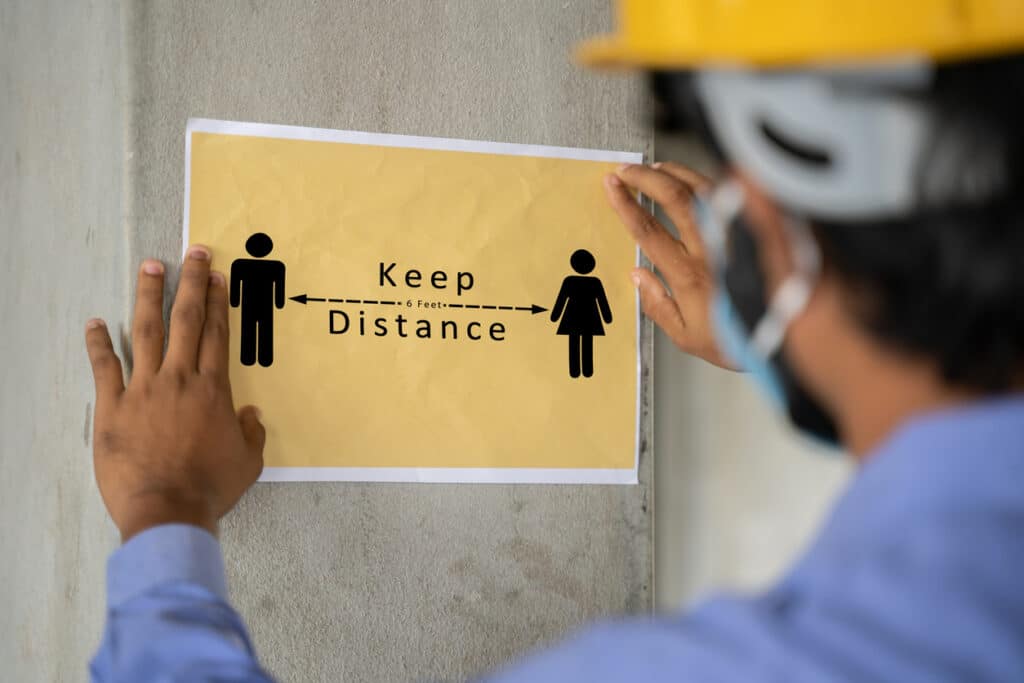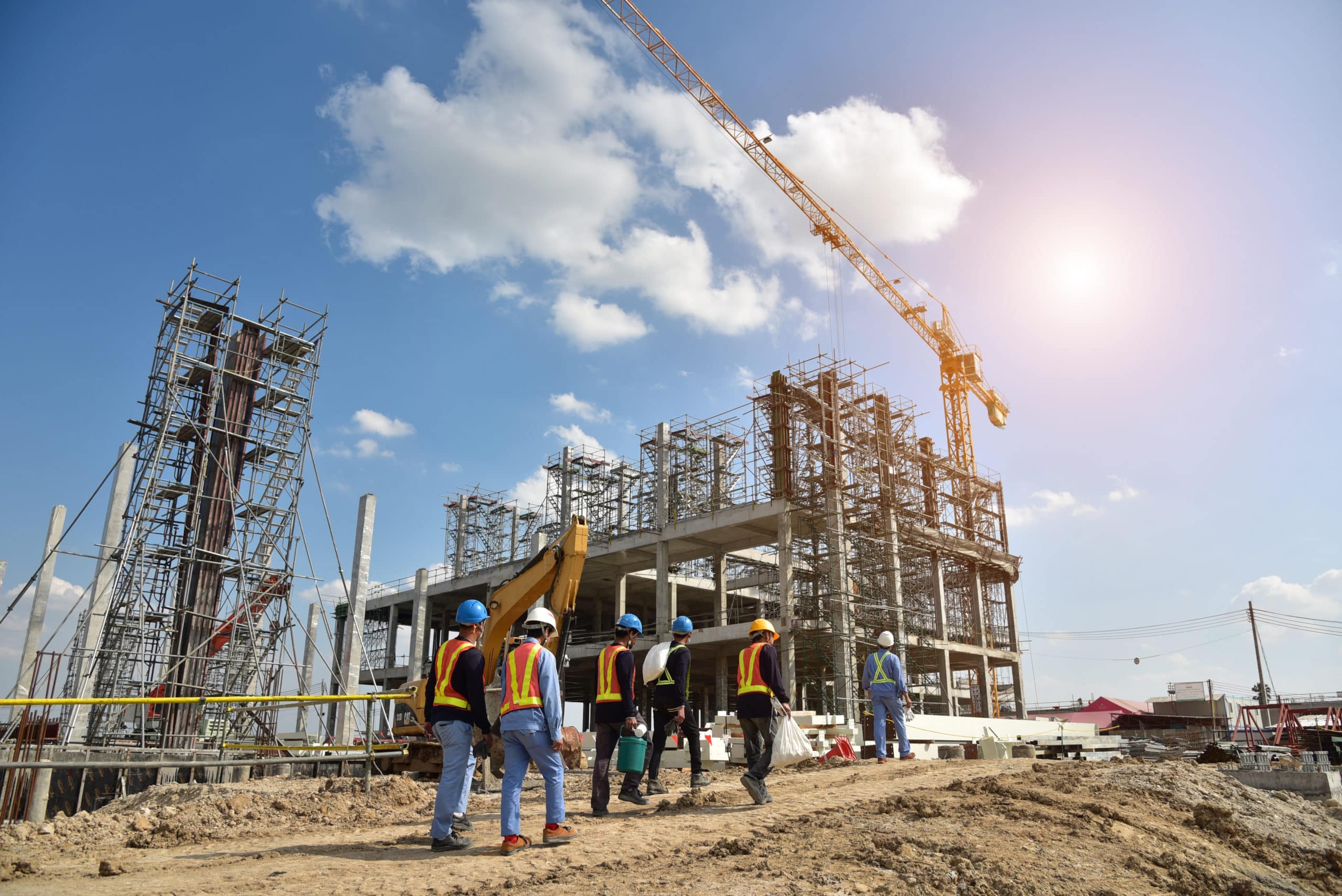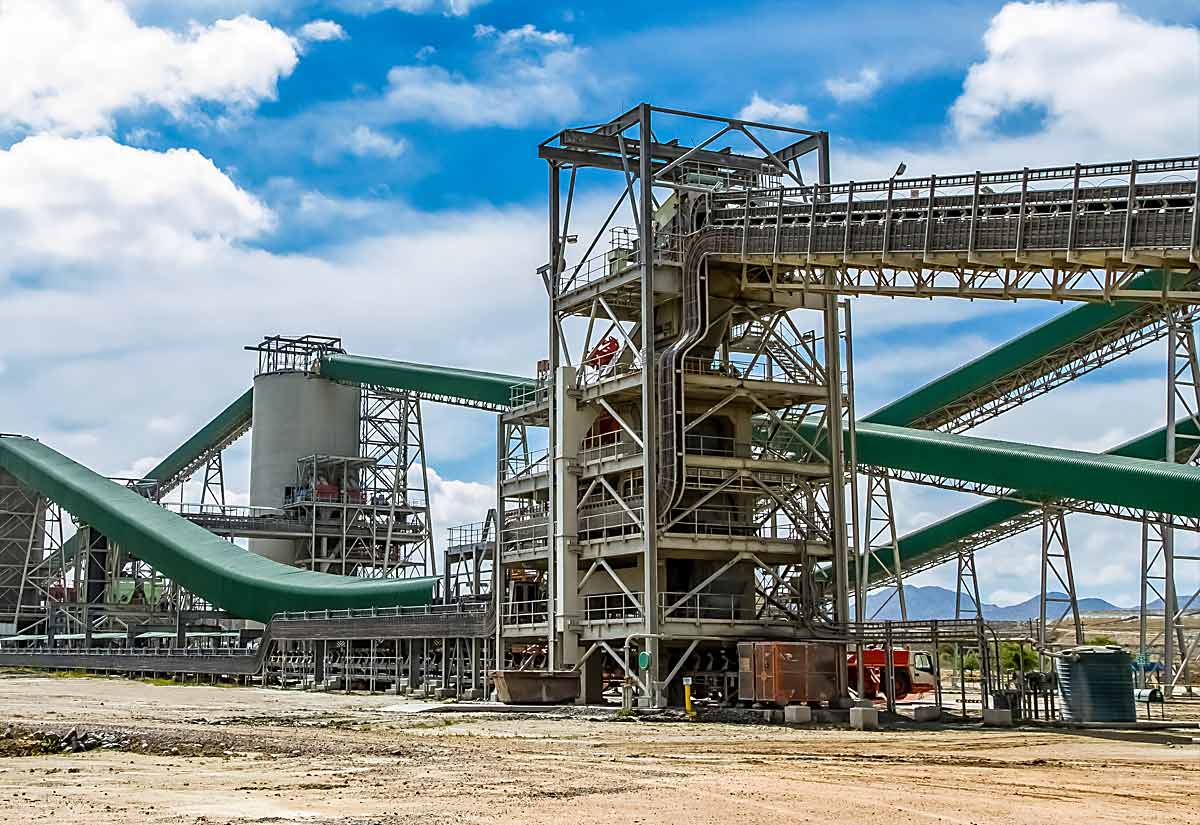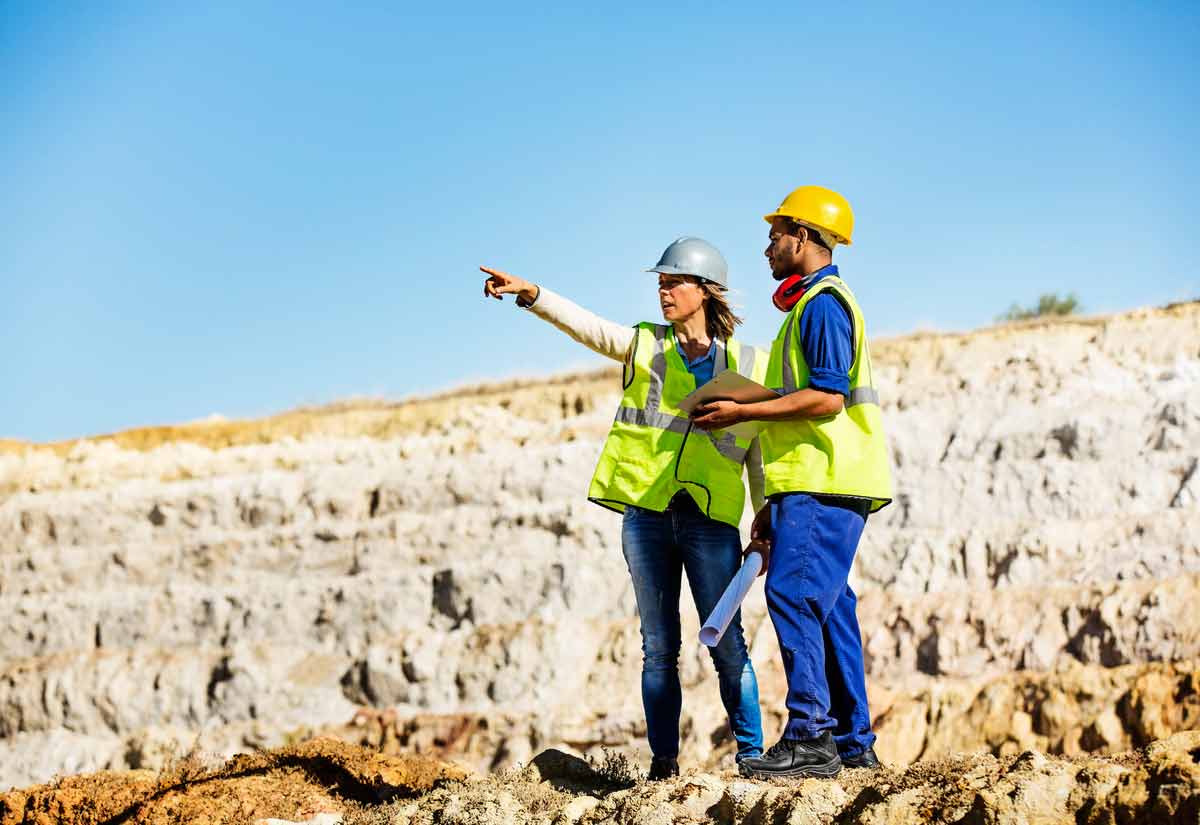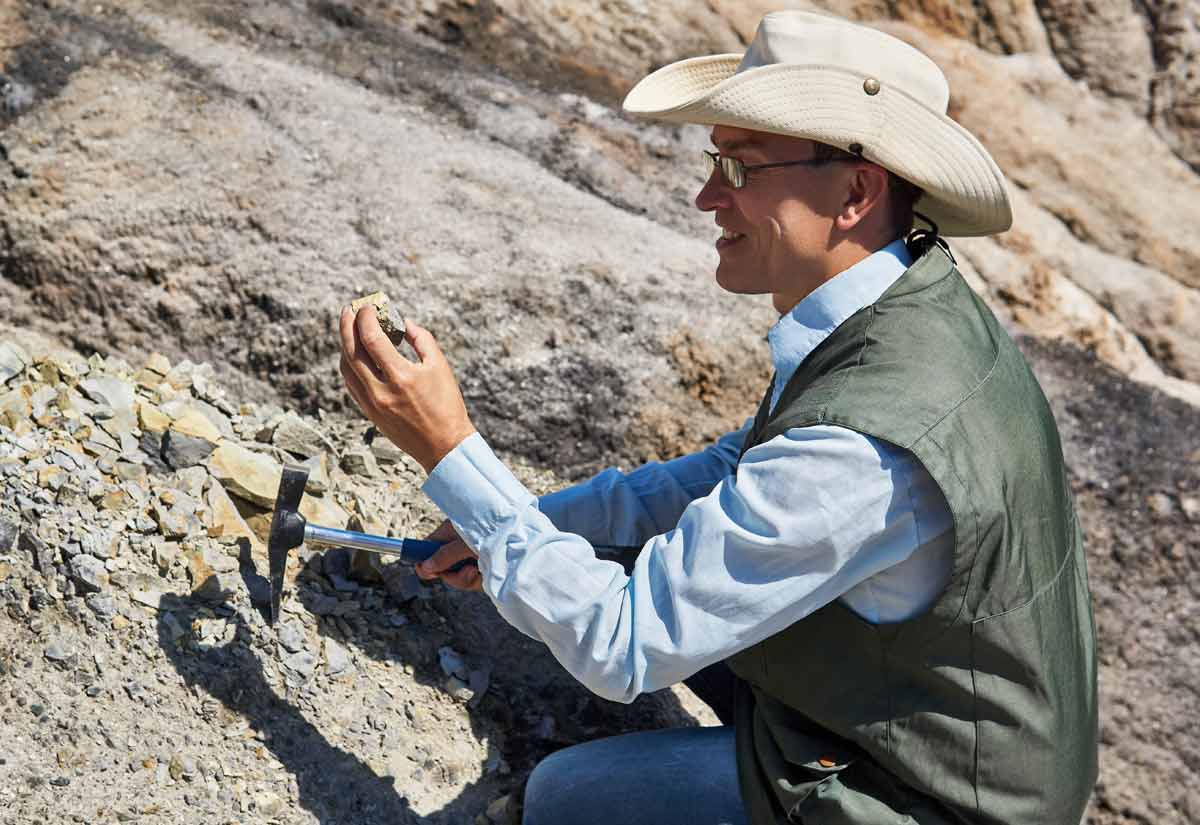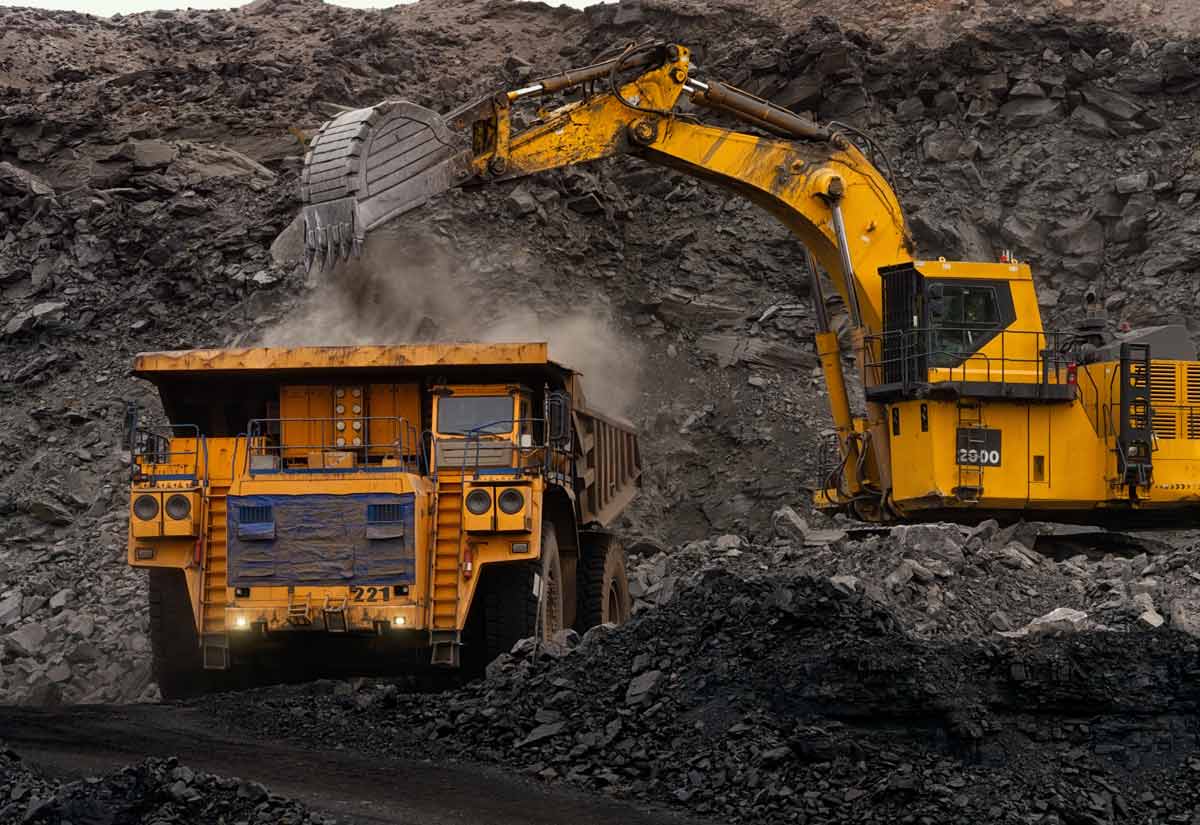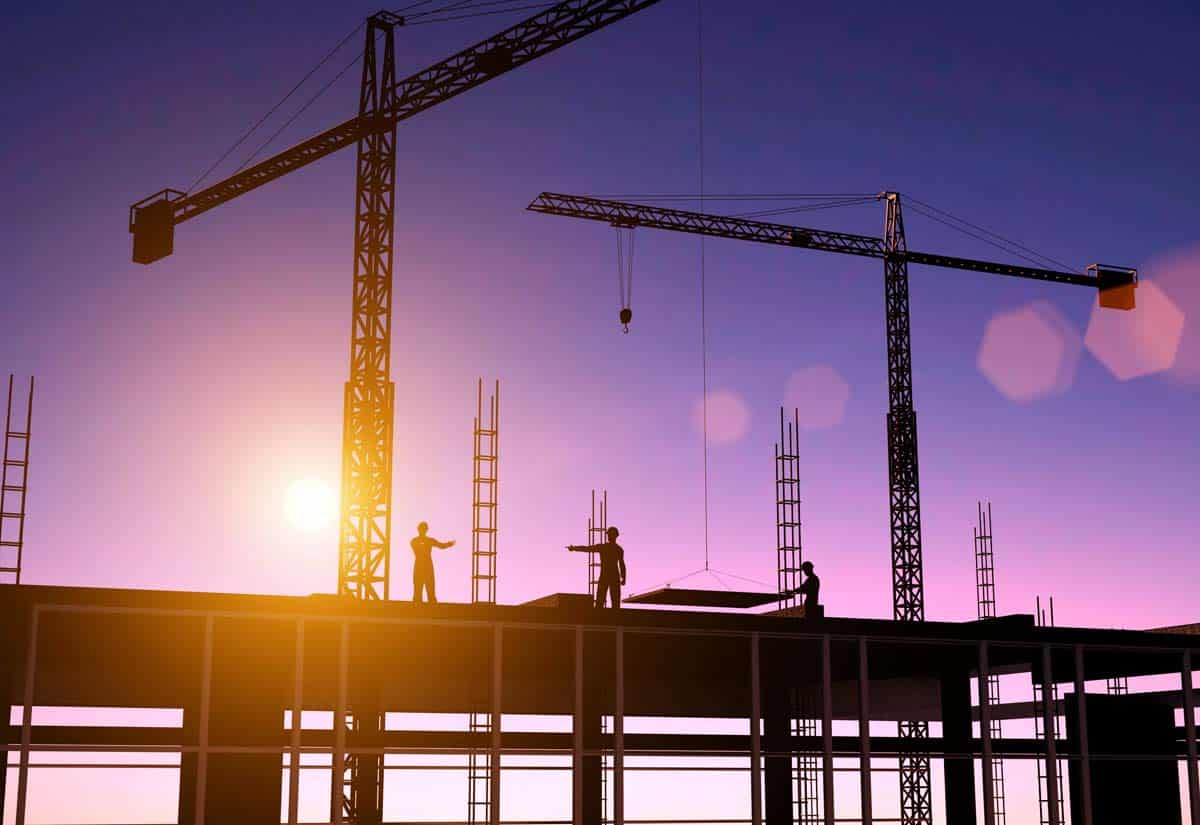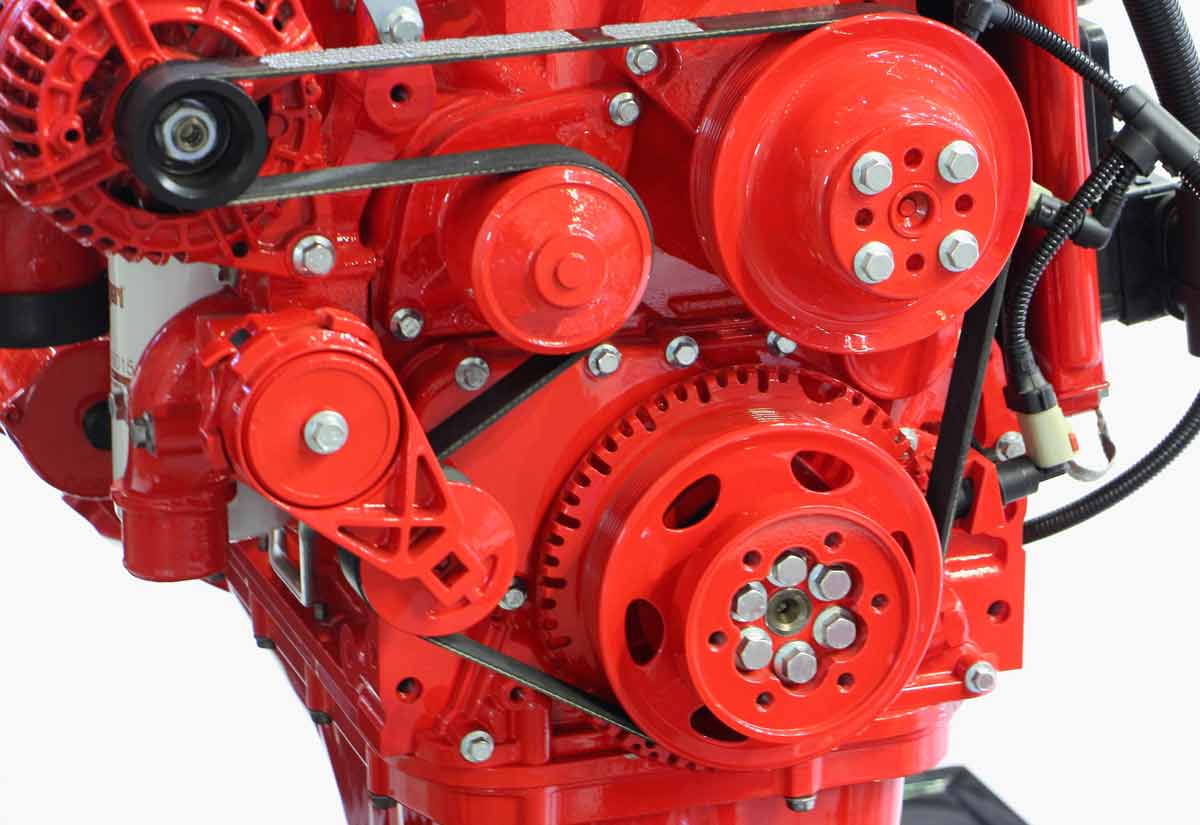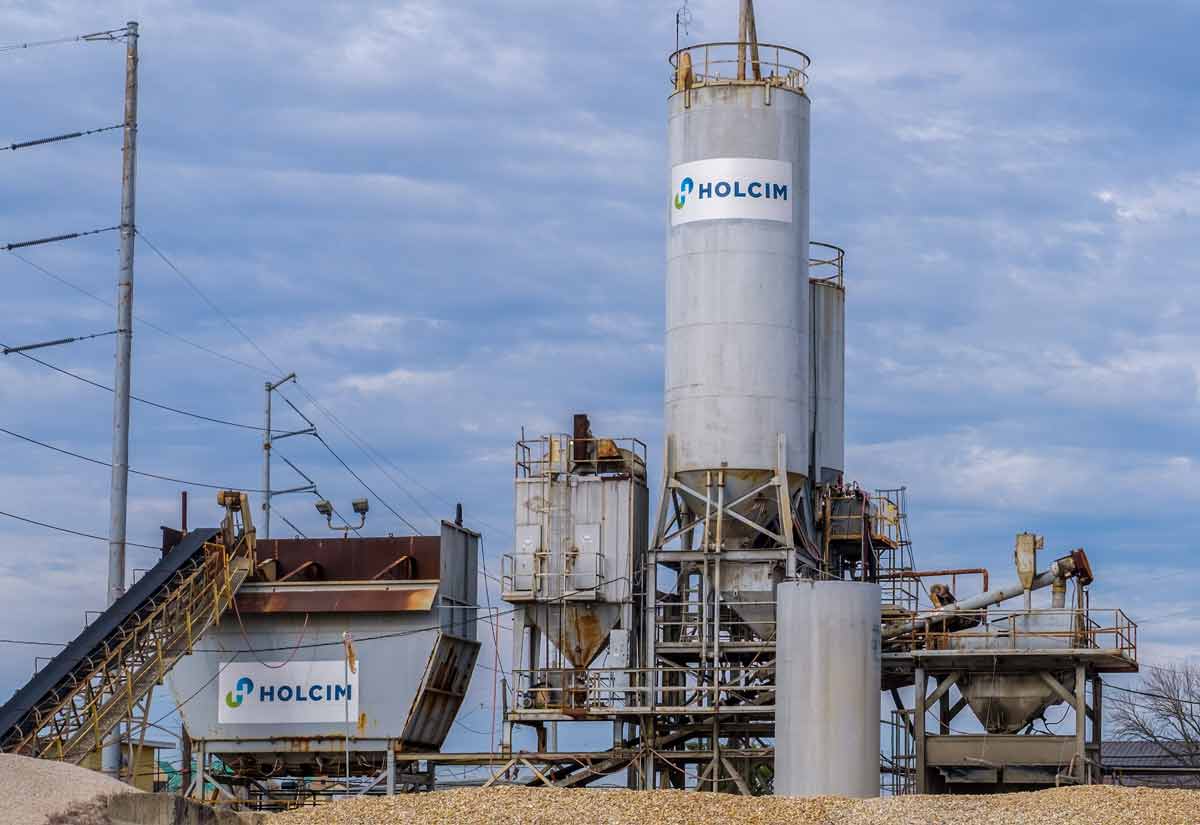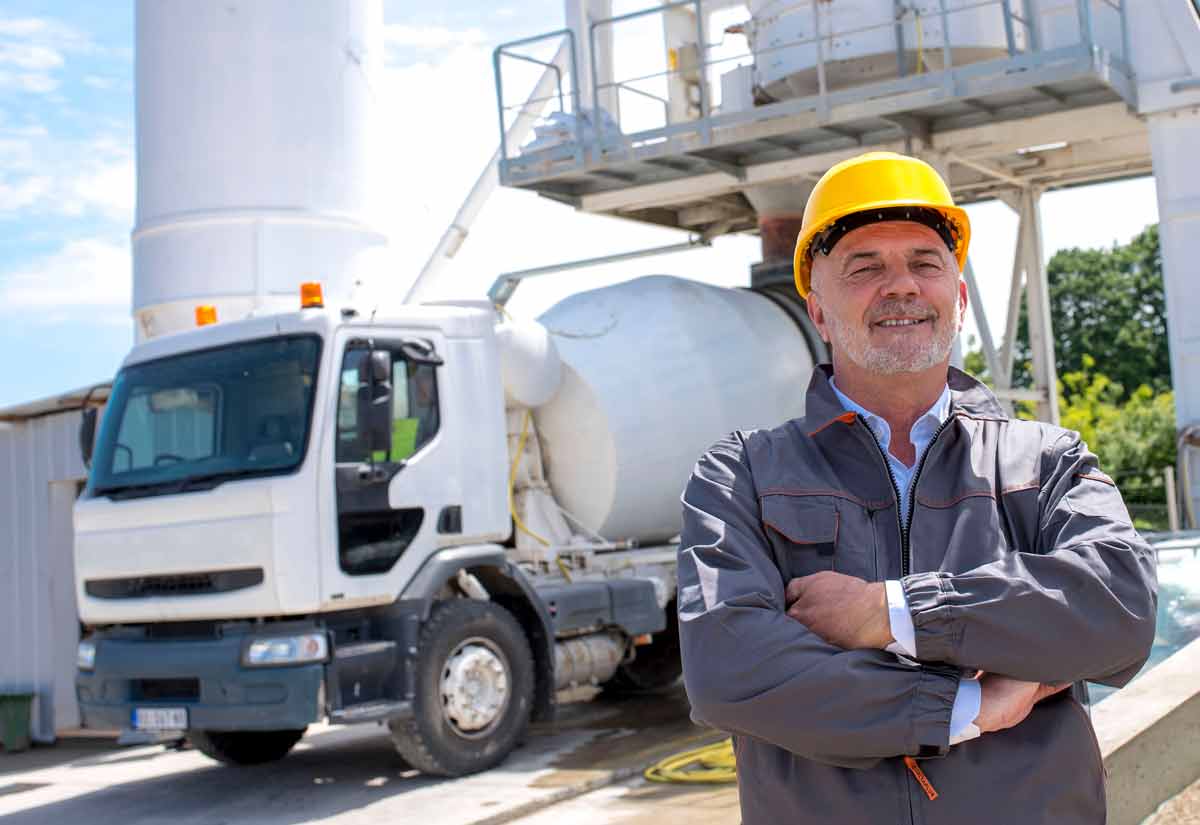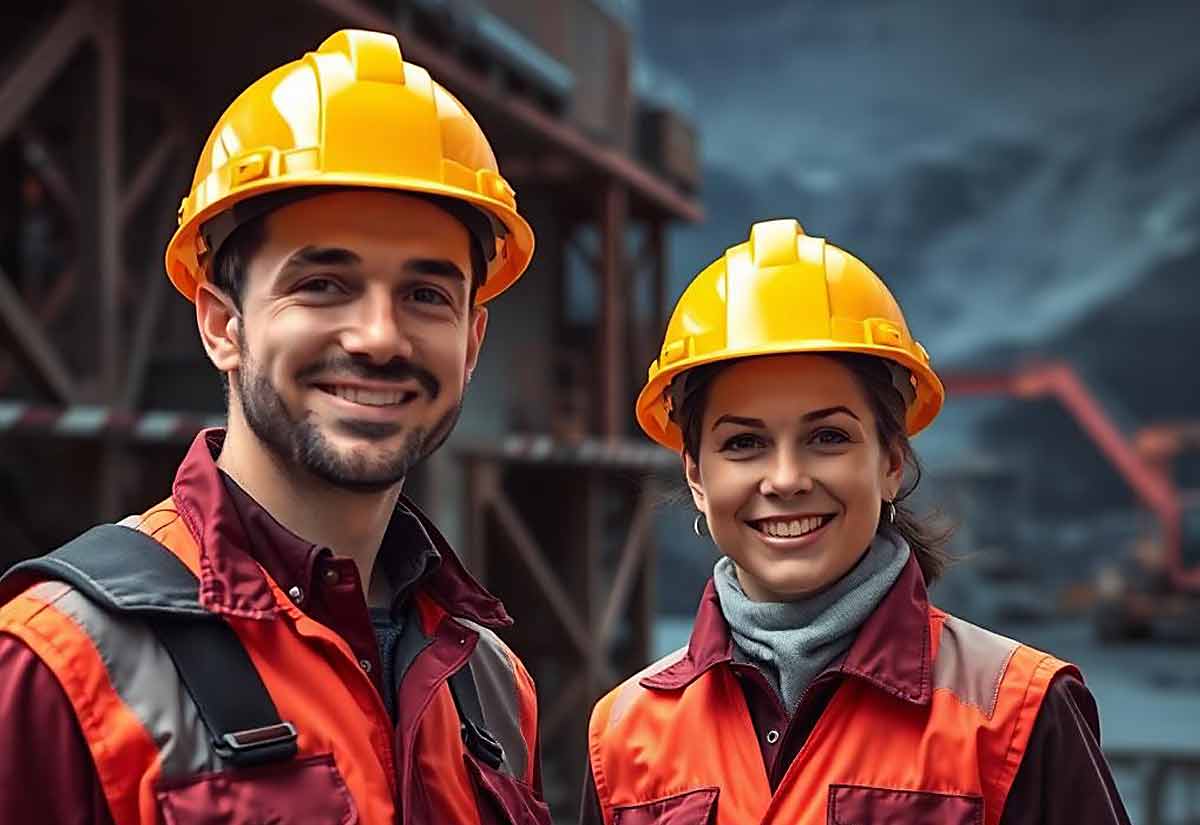The COVID pandemic has impacted pretty much every part of the economy. New construction is no exception to the rule.
In April, most construction activity was halted by public health measures, although some areas were able to resume work as soon as May. This resulted in a drop in construction starts of 22% compared to the same period last year, for both commercial and multi-family construction in the top 20 metropolitan areas.
In some places, drops were even more substantial, with a fall of 42% in Washington, DC. And, things are coming back slowly. Some projects have been halted, while others have slowed down. Social distancing requirements may limit the number of people on site, especially for indoor finishing work.
Social Distancing Challenges
The biggest challenge faced by Covid’s impact on construction industry as it attempts to recover from the lockdowns is maintaining social distancing. Although much work takes place outdoors, where transmission rates are lower, it’s not always possible to keep all workers six feet apart. Contractors are applying flexible work schedules, staggering lunch breaks, wearing masks and doing temperature screenings.
All of these rules are bound to reduce productivity. Thankfully, force majeure is applying to contracts and allowing for extensions of deadlines.
Obstacles to Recovery
Expanded insurance coverage, including increased amounts and the ability to claim benefits when furloughed rather than being laid off, helped the construction industry significantly through spring and early summer. However, those benefits expired without being replaced, forcing thousands of furloughed workers into a desperate search for new work.
Additionally, the pandemic is not yet over, and flareups are happening across the country. Although construction was impacted less by Covid lockdowns than many sectors (due to being considered essential and the relative ease of social distancing), there is always the threat that work will have to be halted again.
Finally, with experts highly divided on when and how the pandemic will end, it’s likely developers will delay new projects originally planned for late 2020 through early 2021. In colder climates, projects that would have been easily finished this year may have to be put on hold for the winter, which could further push back other planned starts. Some projects may even be canceled.
Reasons for Optimism in Construction
Not every part of the country has been equally impacted. In Dallas, for example, there was an 8% increase in multi-family starts. Phoenix, Arizona, showed a significant increase as some sizable projects were started.
There is some hope that government infrastructure projects will provide employment for workers in the sector; although this may be constrained by the economic downturn and resulting reduction in tax base.
There are also technological developments. Increased automation may allow some workers to work remotely. Impacts on the supply chain are forcing companies to develop more agile and flexible techniques. The move to off-site construction methods is likely to accelerate.
As the world eventually recovers from COVID-19, there may well be demand for new construction and also for alterations. For example, with many companies moving their workforce remote permanently, converting office buildings to high-density, affordable housing (something already happening in some cities) might be a niche of the future. There was already a trend towards the end of the indoor shopping mall and its replacement with outdoor-facing construction, also likely to accelerate as more commerce moves online and brick and mortar shopping becomes something sold as an experience.
Construction was severely impacted by COVID-19’s arrival on the scene, especially in areas which forced halts to work. The current volatile situation requires agile approaches through an unpredictable recovery. However, there are reasons for optimism and improvements in worker safety, and flexibility will carry through into the future. To find out more about how COVID-19 is likely to change recruitment and hiring in the construction industry, contact Resource Erectors today.
